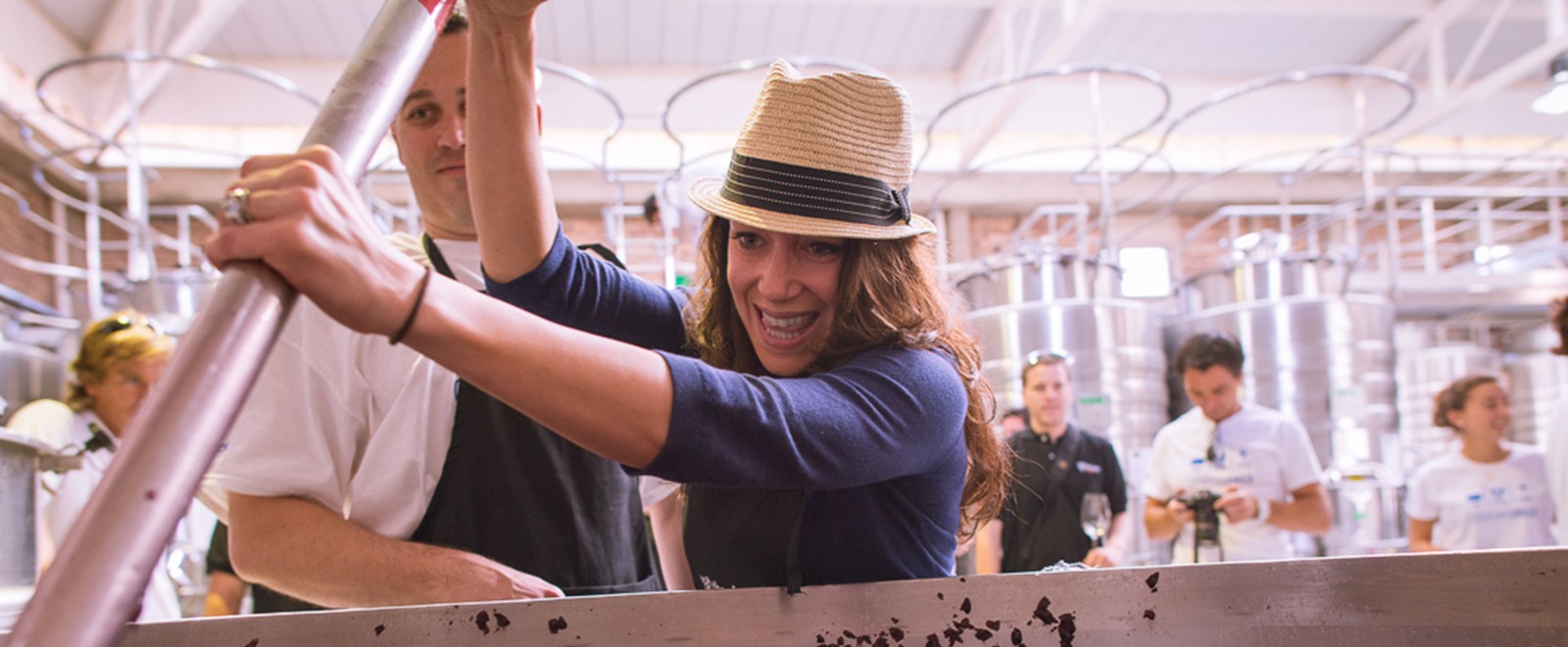The “table wine” or damajuana, as it is known to be locally, traditionally produced in Argentina was never intended to linger on a shelf. It was meant to be enjoyed around a table of friends and family. Wine culture in Argentina developed its roots from Italian and Spanish influences, making wine a part of everyday life and culture here - and a source of pride. Understandably, Argentine wines historically have been for consumption within the country, not export.  In the 1990s an important change started taking shape. Capitalizing on the incredible climate soil and international demand for wine, winemakers started crafting more quality wine for both local enjoyment and export. New winemaking and farming techniques, together with the study and discovery of new terroirs allowed Argentinean wine to gain notoriety worldwide. Additionally, Argentina’s economy was in an economic downturn, making these new wines very affordable and enticing to the new international consumer. One of the distinguishing characteristics of wine in Argentina (and Napa Valley) is that the grapes have a lower acidity level than most of wines coming from the old world producing countries like Italy or France. Acidity and tannins of the grapes are two of the most important things that can act as a preservative, allowing for longer aging of wine. Conversely, thanks to its altitude and sun exposure, this new era of Argentine wines have a high concentration of tannins that compensate and help the aging potential of wines. The Vines of Mendoza crafts high quality wines by managing the vineyard in way that allows good concentration of components that will help the grapes obtain character and maximum aging potential. The use of oak barrels also contributes to the wine ageability, and at The Vines of Mendoza the choice and quality of oak is essential to create balance of fruit and improve wine’s tannin texture. Most of the higher quality wines only started being produced in the late 1990s and early 2000s in Argentina. Only time will tell what the aging potential is for Argentine wine, but you should prepared to be pleasantly surprised.
In the 1990s an important change started taking shape. Capitalizing on the incredible climate soil and international demand for wine, winemakers started crafting more quality wine for both local enjoyment and export. New winemaking and farming techniques, together with the study and discovery of new terroirs allowed Argentinean wine to gain notoriety worldwide. Additionally, Argentina’s economy was in an economic downturn, making these new wines very affordable and enticing to the new international consumer. One of the distinguishing characteristics of wine in Argentina (and Napa Valley) is that the grapes have a lower acidity level than most of wines coming from the old world producing countries like Italy or France. Acidity and tannins of the grapes are two of the most important things that can act as a preservative, allowing for longer aging of wine. Conversely, thanks to its altitude and sun exposure, this new era of Argentine wines have a high concentration of tannins that compensate and help the aging potential of wines. The Vines of Mendoza crafts high quality wines by managing the vineyard in way that allows good concentration of components that will help the grapes obtain character and maximum aging potential. The use of oak barrels also contributes to the wine ageability, and at The Vines of Mendoza the choice and quality of oak is essential to create balance of fruit and improve wine’s tannin texture. Most of the higher quality wines only started being produced in the late 1990s and early 2000s in Argentina. Only time will tell what the aging potential is for Argentine wine, but you should prepared to be pleasantly surprised.  Heidi Pendergast is currently living in Mendoza taking in all the high quality wines she can muster.
Heidi Pendergast is currently living in Mendoza taking in all the high quality wines she can muster.

The Vines of Mendoza
How the world came to know Argentine wine
·
